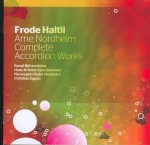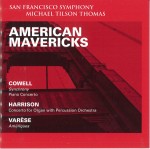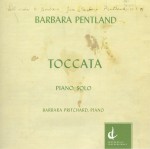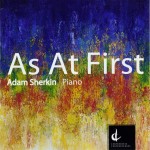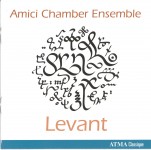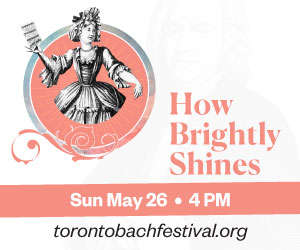Voces Boreales - Yoko Hirota
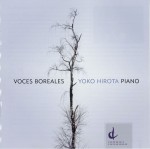 Voces Boreales
Voces Boreales
Yoko Hirota
Centrediscs CMCCD 18713
Voces Boreales is a record of which the entire creative team, and all of us music-lovers in this northern country, can be justly proud. As Japanese-Canadian Yoko Hirota explains in her notes, the title refers both to her North Ontario home and to Canada as a whole as represented by the “northern voices” of this album’s selected composers.
Ms. Hirota is a specialist in contemporary repertoire, and her dedication to this field is clear in the thoroughly contemporary sensibility she brings to her interpretations. Sensitive and searching sonic exploration of the instrument takes the place of post-Romantic expressivity — Ms. Hirota and her chosen composers are perfectly in step in this regard.
The program displays the beguiling breadth of contemporary Canadian piano music. Although the compositions themselves are all quite recent, the composers’ birthdates span almost 50 years, so we are assured of a wide cross-section of what can be called contemporary. Brian Current’s Sungods begins the proceedings, a short work equally charming, impressive and clearly constructed. Robert Lemay has drawn inspiration from Alain Resnais’ famous film Hiroshima mon amour, while François Morel’s work pays homage to the great Montreal abstract painter Yves Gaucher (d. 2000) who was himself often inspired by modern music. The works by Lemay and Morel display these composers, better known for their works for large ensemble, savouring the intimacy and rigour of solo piano. Laurie Radford’s experience in electroacoustics lends his music a tactile materiality, and Brian Cherney’s Nachtstücke are definitely among the most evocatively nocturnal-sounding pieces this listener has ever heard.
For anyone with the ears and heart for contemporary music — and I don’t mean just aficionados either but, well, everyone — this record is a joy to listen to from beginning to end. Highly recommended.


